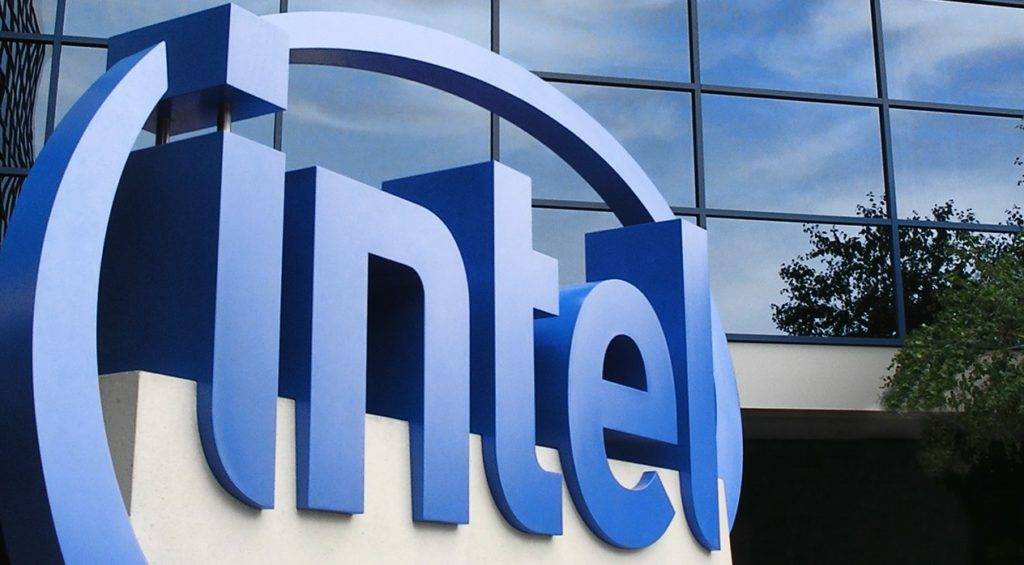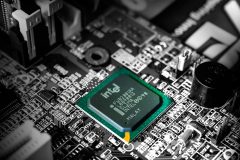Intel will deploy 100 self-driving vehicles in Europe, Israel, and the United States by the end of the year. The cars will be used as demonstration vehicles for customers and regulators, as well as test vehicles for the company’s self-driving efforts.
The announcement comes alongside the completion of its $15.3 billion Mobileye acquisition, which it announced in March this year. Mobileye will supply the sensors and computer vision, while Intel supplies the processing power and expertise in 5G and cloud communication.
See Also: Intel “eliminates” wearables division to focus on augmented reality
The cars will reach Level 4 autonomy, the second highest level in the SAE classification system.
“Building cars and testing them in real-world conditions provides immediate feedback and will accelerate delivery of technologies and solutions for highly and fully autonomous vehicles,” said senior vice president of Intel and future Mobileye executive, Amnon Shashua.
“Geographic diversity is very important as different regions have very diverse driving styles as well as different road conditions and signage. Our goal is to develop autonomous vehicle technology that can be deployed anywhere, which means we need to test and train the vehicles in varying locations.”
Intel plans to use different brands and vehicle types, making it a truly agnostic system.
The acquisition of Mobileye makes Intel a powerful player in the self-driving market, capable of selling the hardware, software, and data services to an automaker. It is already a partner in BMW’s consortium, alongside auto suppliers Delphi and Continental, which is aiming for a Level 5 autonomous car by 2021.
“Delivering 100 test cars very quickly will demonstrate how this hybrid system can be adapted to meet customer needs,” said Shashua. “Neither company could do this alone. Given resident skill-sets within the two companies, a standalone fleet of test vehicles is possible almost immediately.”


















